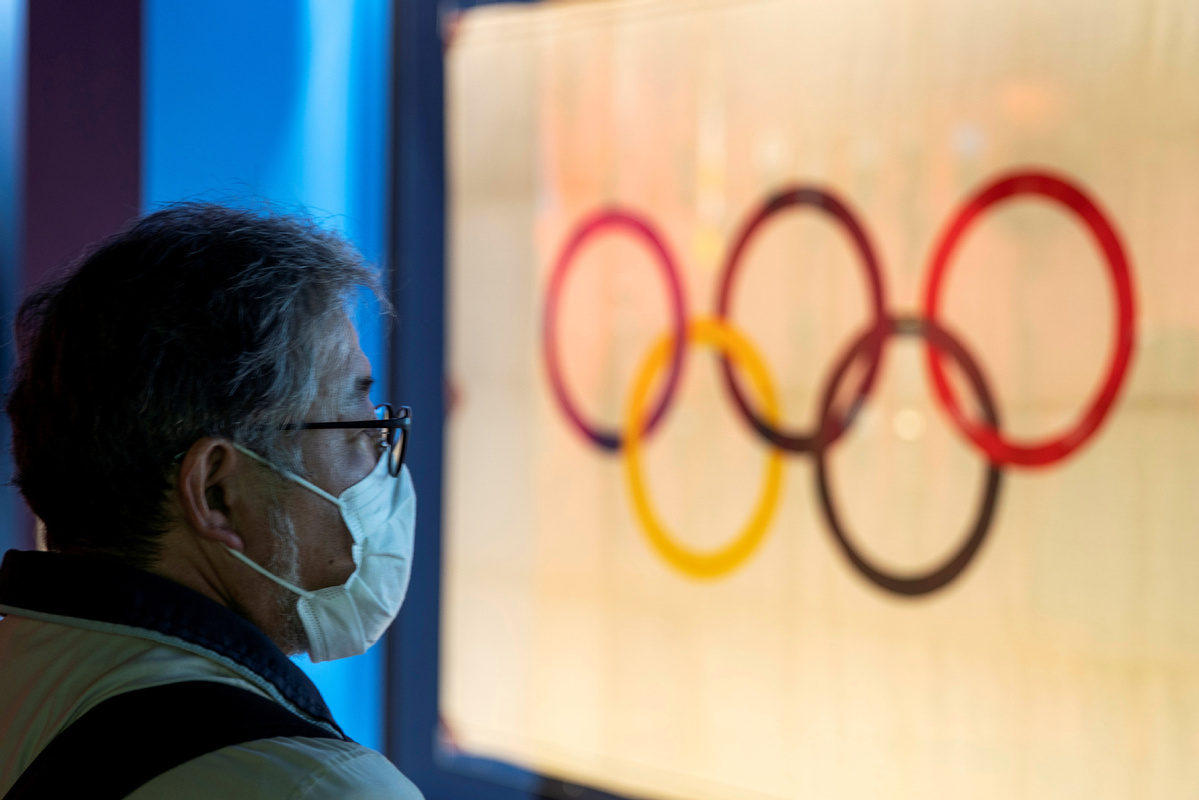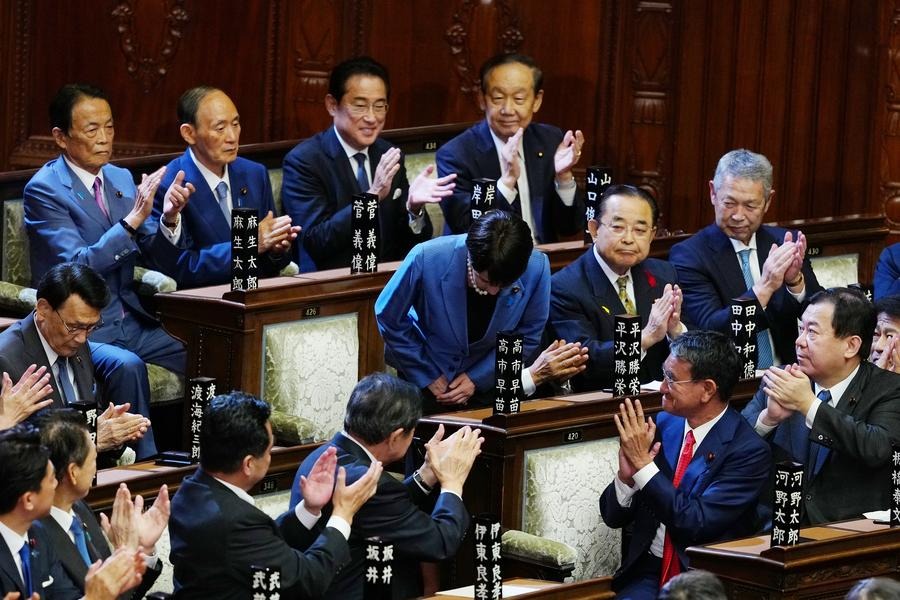Postponement of Olympics will affect other sports events


The Tokyo 2020 Olympic Games has been deferred to next year despite the International Olympic Committee President Thomas Bach and Japanese Prime Minister Shinzo Abe previously stressing that the Summer Olympics would be held on schedule. The IOC's decision on March 24 to postpone the 2020 Games was necessitated by the threat the novel coronavirus pandemic poses to the world at large.
Although the IOC and the 2020 Olympics organizers once considered holding the Games without spectators to reduce the risk of virus transmission, the Japanese government always insisted that the Tokyo Olympic Games would be held in stadiums full of spectators, because the absence of sports fans would significantly reduce the level of competition.
While talking about the Games' postponement, Bach admitted that "cancellation" had been "on the table" for some time, but said that it was not the choice favored by the IOC, because "our mission is to hold the Olympic Games and realize the Olympic dream of the athletes".
This is the first time the Olympic Games has been postponed in peacetime. The last time the Summer Games was canceled was in 1944, and that was because of World War II. The Summer Games has been cancelled only three times and all because of world wars: the Berlin Olympics in 1916 due to World War I, and the Helsinki and London Games in 1940 and 1944 because of World War II.
Yet the postponement of the Tokyo Olympics-which will now start on July 23, 2021, and conclude on Aug 8 but still be called the 2020 Olympics Games-will have a big impact on Japan's economy. The postponement of the Tokyo Games will also require the Olympic Charter to be amended, which stipulates that the Olympics must be held in the first year of the four-year Olympic cycle. And only after the Olympic Charter is revised can the delay of the Tokyo Games be justified.
According to a sports economics professor at Kansai University, the direct economic loss caused by postponement of the Games could be about $6 billion, mainly because of the increased operating costs, including the cost of venue maintenance and repair.
Small and medium-sized Japanese enterprises, including those in the tourism, hospitality and catering sectors, will incur the maximum losses. To make matters worse, these sectors are already reeling under the impact of the novel coronavirus pandemic, and labor costs comprise a big percentage of their overall expenses.
The Tokyo Organizing Committee for the Olympic Games, which already has more than 3,000 staff, will have to hire more people on short-term contracts as the rescheduled Games approaches, which will further increase the labor cost. Thankfully, the Games has not been canceled, otherwise the host country could have lost about $41 billion.
The huge loss inflicted by the epidemic on the Tokyo Games organizing committee may also have a far-reaching impact on the Olympic bids in the future. Bidding for the Games is not as popular as it used to be. As such, the epidemic outbreak could prompt more than one country to bid for a single Olympics in the future because of the rising risks of hosting the Games.
The postponement of the Tokyo Games will also have a huge impact on global sport events. Over the years, international sports events have been following an Olympic-centric schedule, which ensures that no other global sports events are held during the Summer Olympics. But now that the Tokyo Games has been deferred to 2021, it could clash with such major sports events as the World Aquatic Championships and the World Athletics Championships. Incomplete data suggest the deferring of the Tokyo Games will force at least 33 major sport events to be rescheduled.
The postponement of the Olympics will also directly affect all kinds of large-scale sports events scheduled to be held in China in 2021 and 2022. In other words, the postponement of the Tokyo Games, although necessary, does not augur well for other international and regional sports events.
The author is director of the School of Economic and Management, Shanghai University of Sport. The views don't necessarily reflect those of China Daily.



































